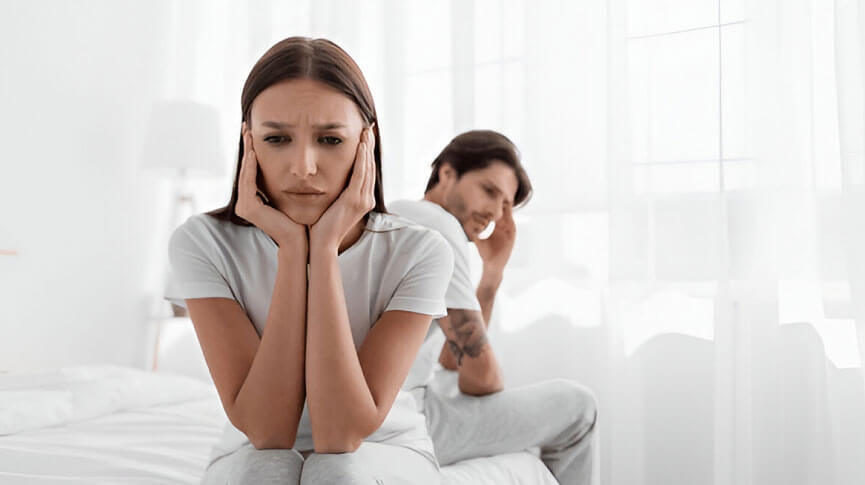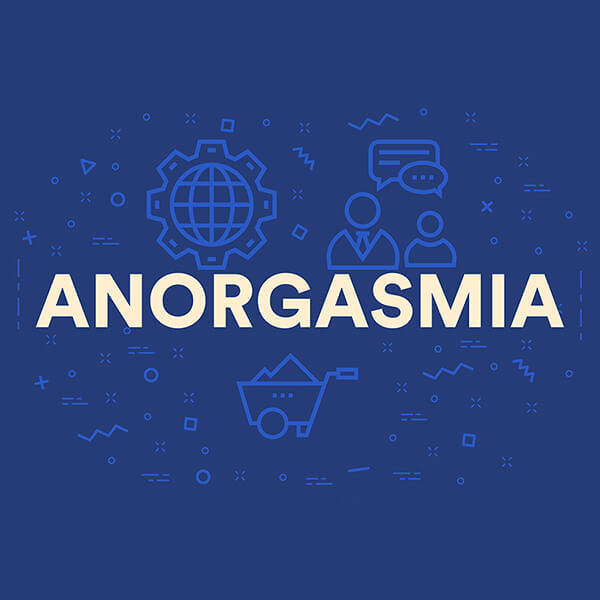
Anorgasmia means having trouble reaching orgasm even when aroused and active during sex. It’s more common than many people think—and help is available. Visit our DOXXES store on North Freeway / Little York for tools that support your path to comfort and satisfaction.
What Is Anorgasmia?
Anorgasmia is a condition where someone has ongoing difficulty—or complete inability—to reach orgasm.
Types include:
- Primary – never experienced orgasm
- Secondary – used to orgasm but can’t anymore
It can also be:
- Superficial – no response to surface touch
- Deep – no orgasm from internal stimulation
- Provoked – orgasm only possible with specific actions
- Spontaneous – no obvious cause, even with stimulation
Why Does It Happen?
Emotional causes:
- Stress or anxiety
- Past sexual trauma or abuse
- Poor communication in relationships
- Low self-confidence or body image issues
Physical causes:
- Hormonal changes or thyroid problems
- Pelvic muscle issues or nerve damage
- Infections or inflammation in the pelvic area
- Scars from past surgeries
Often, both emotional and physical causes play a role.
Real-Life Examples and Triggers
Examples of anorgasmia:
- A woman who feels aroused but never reaches orgasm
- A man who ejaculates but doesn’t feel orgasmic pleasure
- A person who can only climax with very specific stimulation
- Someone who stopped orgasming after an illness or injury
How to find your triggers:
- Keep a journal of what worked and what didn’t
- Track pain, stress, or tension levels during each experience
- Try changes like new positions, better lubrication, or deep breathing
Who It Affects
Anorgasmia can affect anyone, at any age. It may cause frustration, lower self-esteem, and hurt intimacy.
- Women may feel guilt, shame, or disappointment
- Men may feel inadequate or anxious
- Partners may feel confused or distant
Open, kind conversations can help reduce pressure and build support.
How a Sex Therapist Can Help
A sex therapist can:
- Review your full sexual and emotional history
- Look for anxiety, depression, or past trauma
- Guide you through relaxation, body awareness, or communication techniques
- Recommend exercises to reconnect with touch and pleasure
Ways to Treat and Cope with Anorgasmia
Counseling and Therapy
- Sex therapy helps identify emotional blocks
- Cognitive behavioral therapy supports mental health
- Couples therapy improves connection and trust
Pelvic Floor Therapy
- Exercises and biofeedback may help improve muscle tone and sensation
Guided Self-Stimulation
- Learn what feels good through body-safe practices
- Use tools designed to support discovery and comfort

How DOXXES.love Can Help
At DOXXES.love, you’ll find:
- Water-based lubricants for comfort
- Pelvic floor trainers for better muscle control
- Gentle vibrators and prostate massagers to support stimulation
All products come with easy instructions. Many people find combining these tools with therapy speeds progress and builds confidence.
Talking About Anorgasmia
- Be honest: “I feel frustrated when I can’t reach orgasm.”
- Use “I” statements to avoid blame
- Pick a quiet time to talk with your partner
- Learn together—read articles or books about intimacy and anorgasmia
- Don’t hesitate to seek professional help
Visit the DOXXES Store on North Freeway / Little York
Stop by our discreet, friendly location for one-on-one help. Our staff can guide you to the right products and offer support tailored to your comfort and needs.
Conclusion
Anorgasmia can be difficult, but with the right tools, support, and open conversation, improvement is possible. Whether through therapy, products, or both—DOXXES on North Freeway / Little York is here to help you on your path to pleasure.
FAQs
- What is anorgasmia?
It’s a long-term issue where someone can’t reach orgasm even with enough stimulation. - Can I get help at the North Freeway / Little York location?
Yes. Our providers offer supportive evaluations and treatment options for anorgasmia. - What causes anorgasmia in women?
Hormonal changes, stress, certain medications, and nerve damage are common causes. - Can men experience anorgasmia?
Yes. It can happen due to mental health concerns, nerve problems, or medications. - Is treatment available at your clinic?
Yes. We offer therapy, pelvic floor training, and personalized plans. - How is it diagnosed?
With a full medical, emotional, and sexual history, plus a physical exam if needed. - Can antidepressants cause it?
Yes. Some, especially SSRIs, can make orgasm harder to reach. - Is it treatable?
Yes. Many people improve with the right care, depending on the cause. - Does age increase the risk?
Yes. Hormone levels and health conditions can play a role as people age. - Can therapy really help?
Yes. Sex therapy and talk therapy can remove emotional blocks and build confidence.
